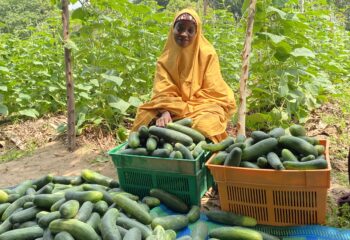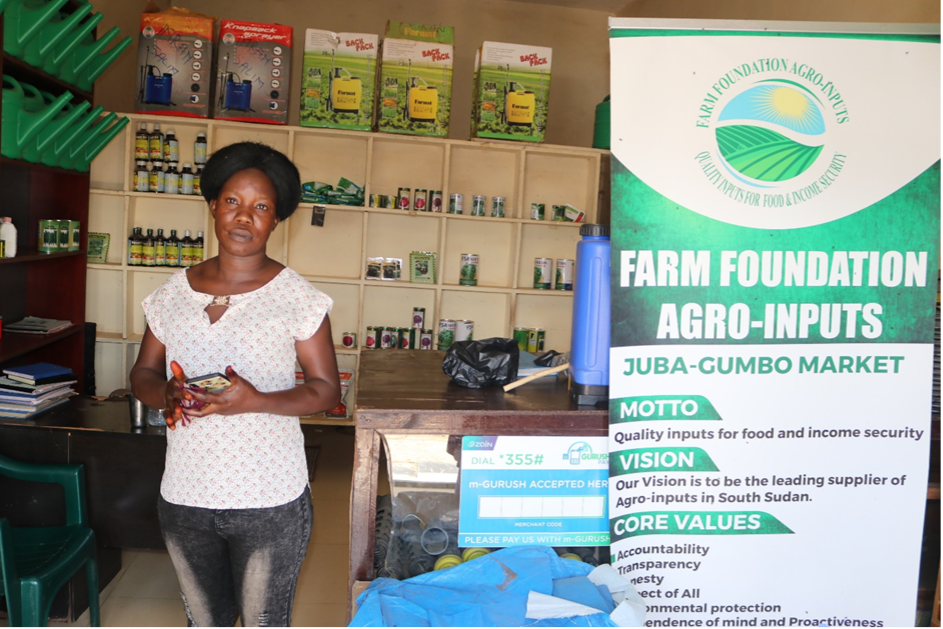
Women entrepreneurs make meaningful contributions to the seed sector across the entire value chain. They often play different roles as income earners in their households—as farmers, agro-dealers, sales agents, extension workers, or seed company employees. However, in South Sudan, as in other parts of the world, they often remain excluded from accessing the benefits of the agriculture sector.
To improve social inclusion for women, the Accelerating Agriculture and Agribusiness in South Sudan for Enhanced Economic Development (A3-SEED) project, funded by the Embassy of the Netherlands in South Sudan, has developed a network of local “Inclusion Champions” to sustain the voices, ambitions, and successes of women in South Sudan’s agriculture sector after the program ends.
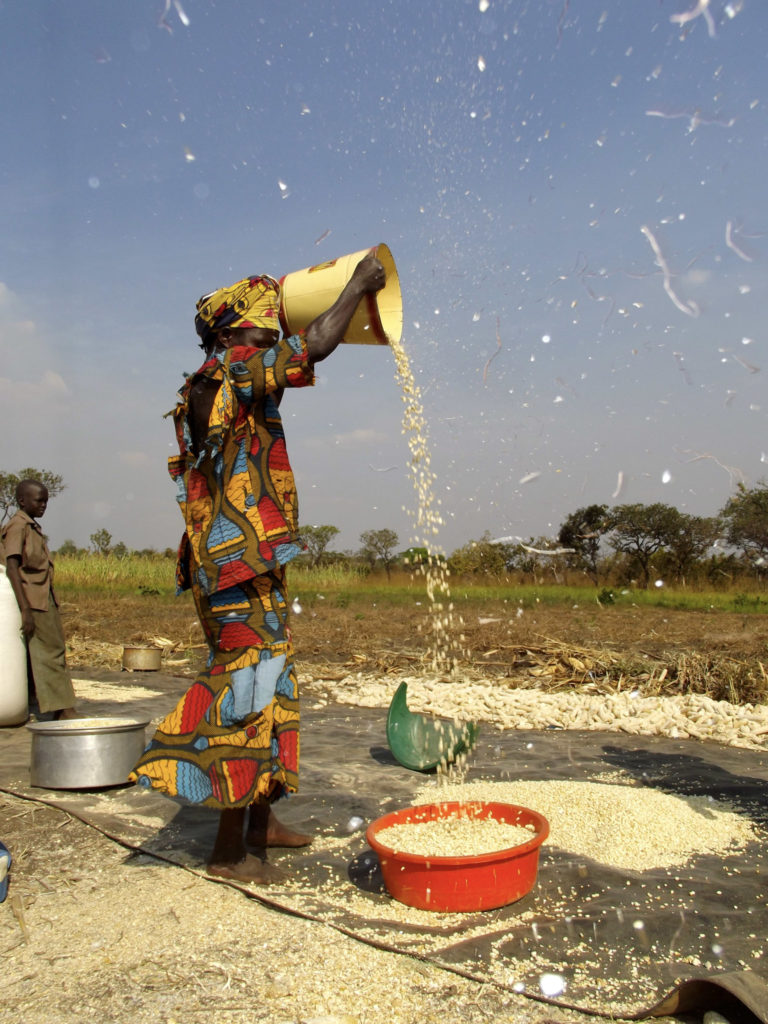
Introducing a Network of Inclusion Champions
The inclusion champions network links seed value chain actors, including farmers, agricultural entrepreneurs, and seed company workers. The network serves as a platform for actors to share issues, experiences, and inspiring stories of change regarding their businesses or farms. The network has motivated more women to participate in local agriculture and agribusiness.
The network of inclusion champions is composed of successful business owners, CEOs, agro-dealers, salespeople, and other interested parties who have been identified as role models in the community. They motivate and inspire local women and youth to join the agriculture sector.
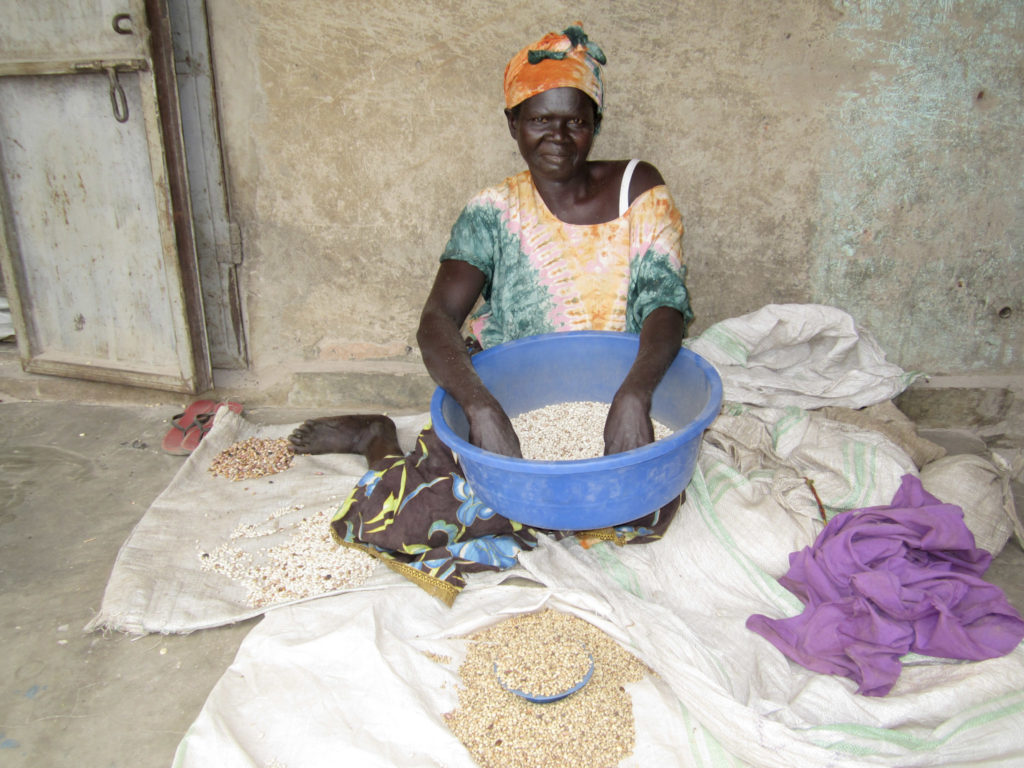
What is the Role of an Inclusion Champion?
Inclusion champions are natural leaders in the community who are expected to:
- Share experiences at champion meetings, supported by the A3-SEED team;
- Promote links between farmers, agro-dealers, and seed companies;
- Organize meetings with local actors;
- Network and create market linkages for agricultural produce and inputs;
- Serve as the first contact point for mobilizing extension workers or field coordinators.
The A3-SEED program supports the inclusion champions by assisting with networking and knowledge-sharing; identifying potential and strengthening existing business relationships; initiating trust-building and a sense of belonging among the actors; and sharing innovative technologies.
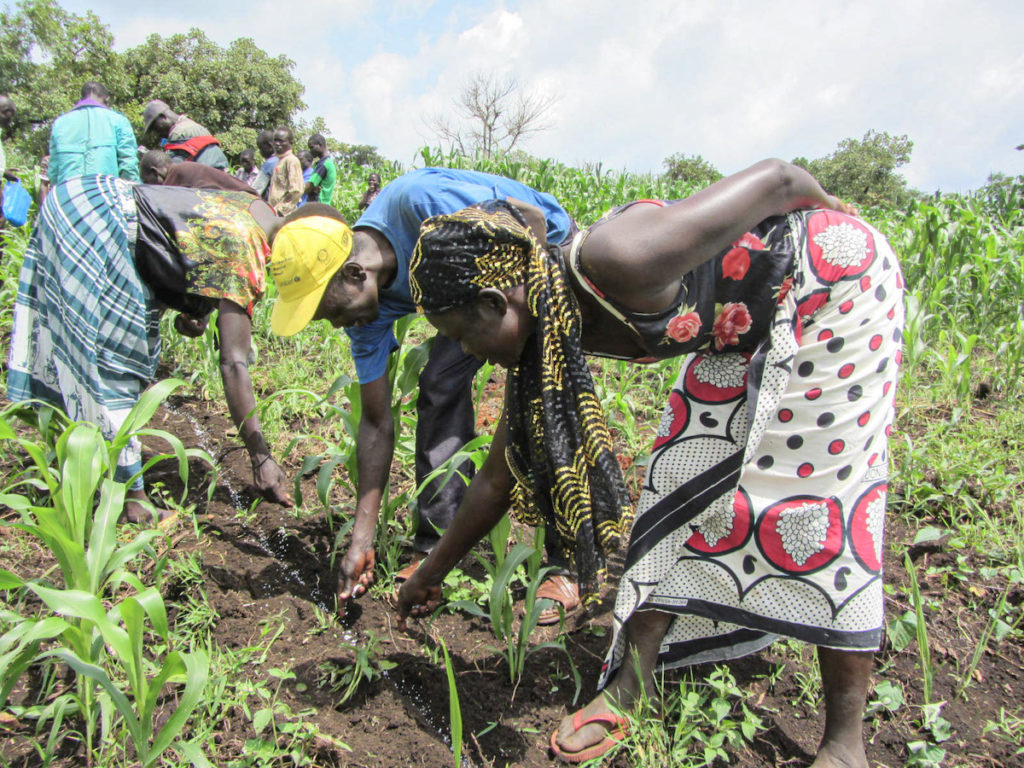
Inclusion Champion Profiles
Clara, a female agro-dealer from Juba
Clara Keji is one of the female agro-dealers who offers agricultural extension services to farmers in the semi-urban parts of Juba town. She sells agricultural inputs such as agricultural tools, seeds, pesticides, and a few recommended organic fertilizers. Clara develops strong relationships with her clients, such as farmers’ groups and out growers.
Clara serves as a role model to other women in South Sudan’s agriculture sector; she works hard to develop her country’s agriculture sector, despite challenges such as inflation, insecurity, and COVID-19 lockdowns.
Ayen, female sorghum farmer
Ayen is a female farmer from South Sudan. She primarily grows maize, sorghum, and mung bean. Under the Sun-City Seed Company, supported by IFDC, she has received extension trainings on good agricultural practices that have improved her yields.
Ayen said, “I plan to extend my farming and open a larger plot of land, so I can be a main supplier of sorghum. A lot of women like me aspire to grow into big agribusiness owners, but still lack the motivation to expand. I am grateful to IFDC for the support rendered to me so far.”
Christine, a woman agro-dealer in Yambio
Christine is a successful agro-dealer in Yambio. She established her own agro-input shop for vegetable seeds in 2017. In 2023, Christine received agribusiness training from IFDC partner SPARK that empowered her with necessary skills in entrepreneurship, financial management and record-keeping, as well as extension work.
Christine said, “Now I provide extension services to my customers, mainly the farmers. I started with vegetable seeds and chemicals. Currently, I have ventured into poultry and growing tomatoes in a quarter fedan [1/10 hectare]. My tomatoes are now three weeks into maturity, and I will soon start taking them to the market. I am grateful to IFDC for supporting us through the seed companies and for introducing the agribusiness cluster, an idea that links me to farmers, my main customers.”
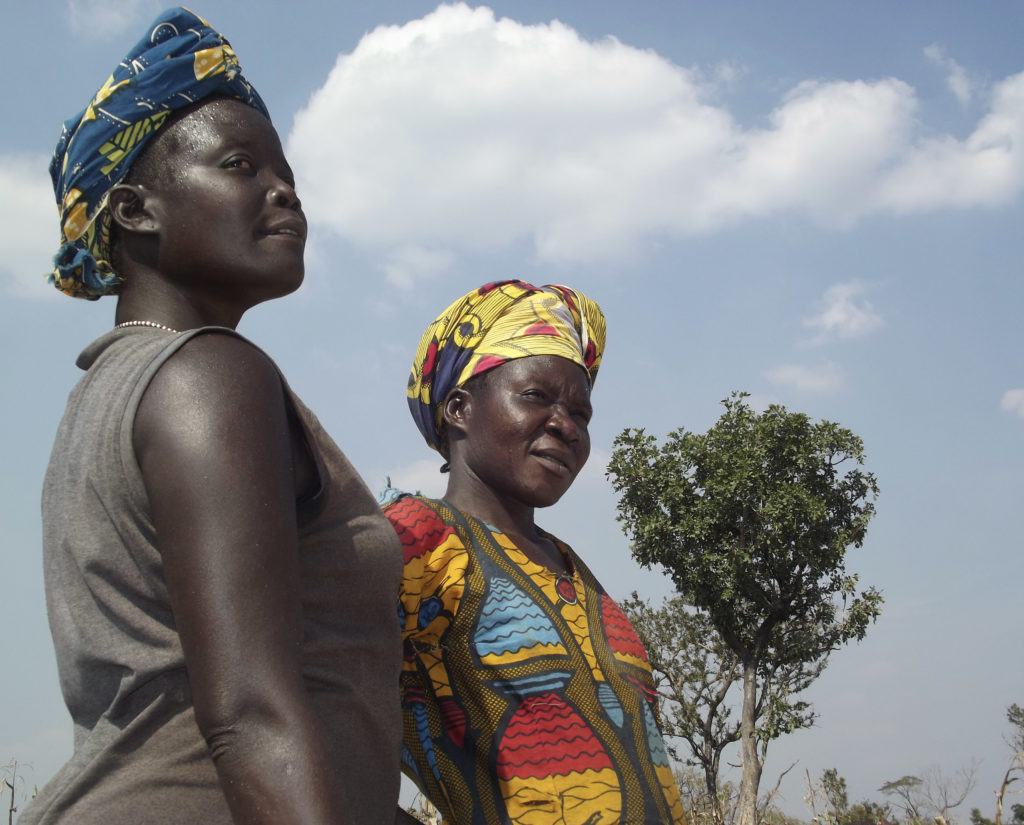
More About the A3-SEED Program
The Accelerating Agriculture and Agribusiness in South Sudan for Enhanced Economic Development (A3-SEED) project is a five-year (2021-2025) project funded by the Embassy of the Kingdom of the Netherlands (EKN) in Juba, South Sudan.
A3-SEED aims to provide market-oriented interventions to move from humanitarian support to a commercial, sustainable, and adaptive agriculture sector. The project seeks to reach more than 100,000 farming households to double incomes from marketable surpluses of targeted commodities, thereby improving livelihoods.




